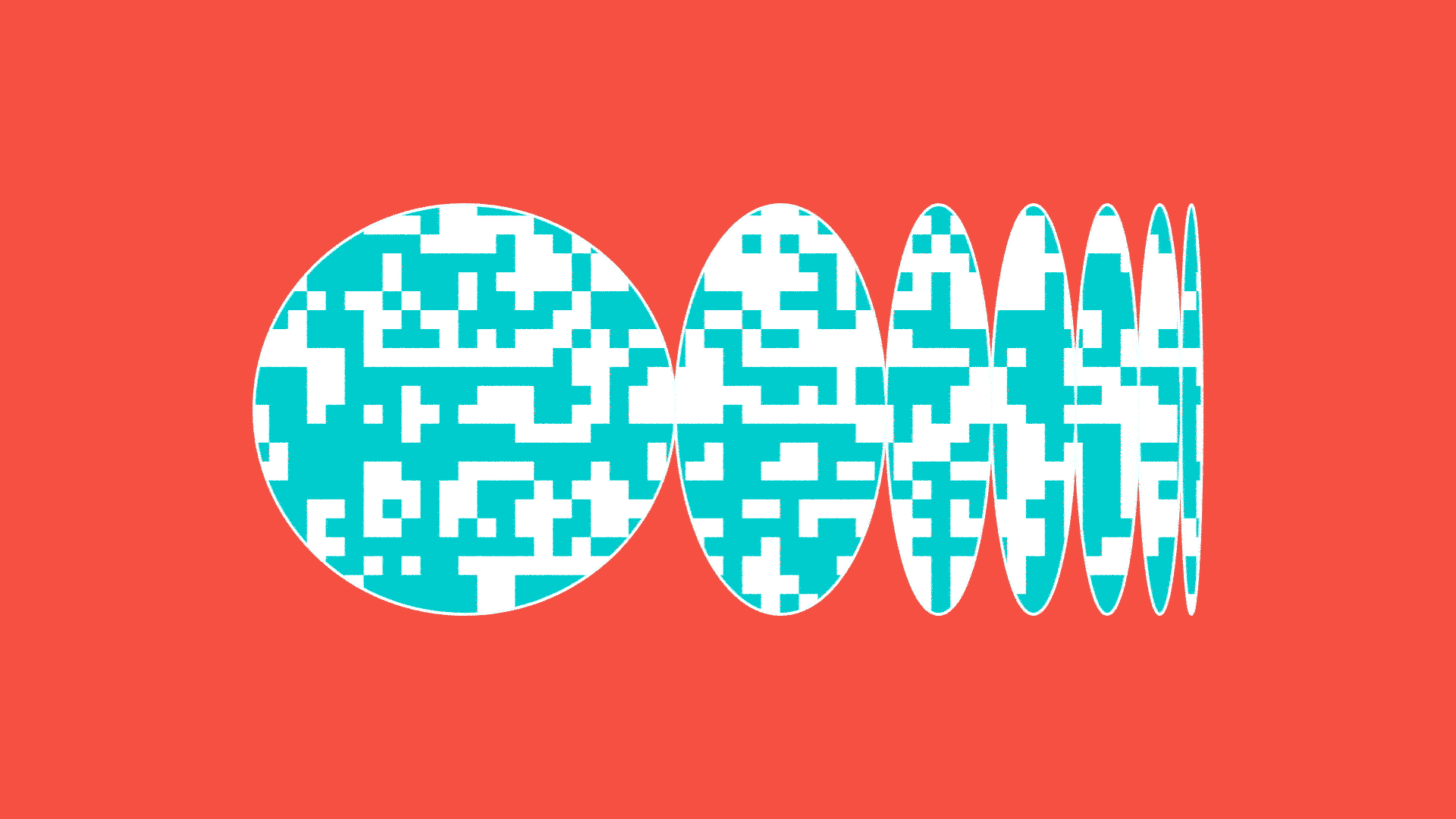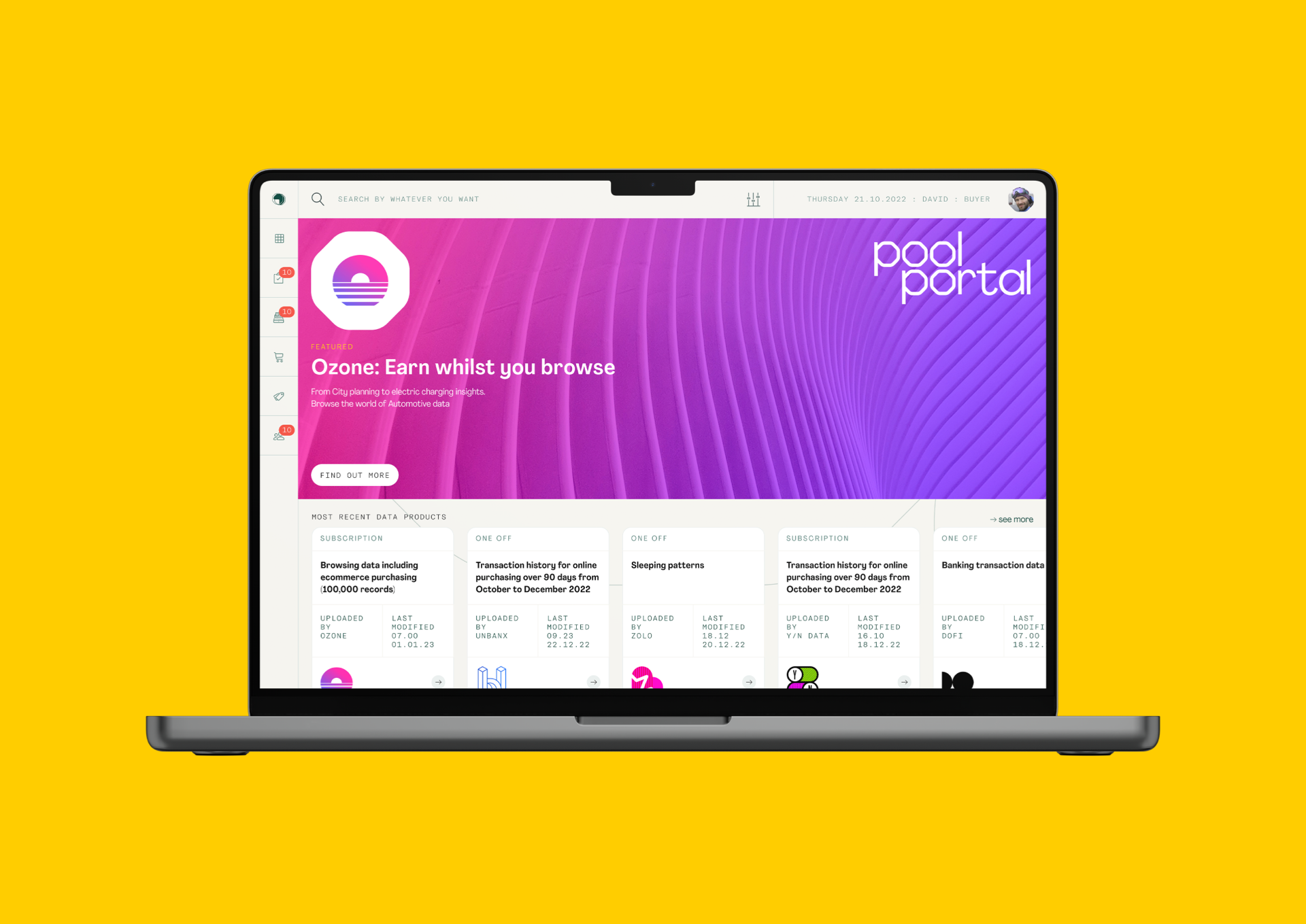Blog
It’s time for zero-party data
By Olivia Hawkins
20.10.2022
The data economy is changing rapidly. We’re facing a loss of easy access to personal data as third party cookies are deprecated, and regulators are both tightening up data protection and encouraging more competition and openness in the data market. As if that wasn’t enough change, individuals are also demanding control over how their data is used and a stake in its value. These powerful motivations are driving a need for a new type of data: ‘zero-party’ data.

What is zero-party data and how does it differ from first- and third-party data?
Back in 2020, Forrester coined the term zero-party data, describing it as: “Data that a customer intentionally and proactively shares with a brand.” At Pool, we go a step further and say it is data that customers deliberately share in return for clear value.
Zero-party data is fundamentally different to first- and third-party data because it is deliberately shared by individuals rather than collected by the companies they interact with, and because the individuals are directly rewarded for their data. Those differences bring several benefits to companies who need consumer data for market research, consumer insight, product development and advertising.
First, zero-party data puts the consumer in control. Research tells us that individuals have lost trust in how their data is used, and trust is critical to any business. With zero-party data, individuals decide what data they will share and when, and for what value. That builds trust into the transaction and into companies' use of data.
Second, zero-party data combines the variety of third-party data with the quality of first-party data. Whereas first-party data is limited to interactions between an individual and a company, zero-party data can be about anything the individual is willing to share – their browsing and search data, their purchase histories across different categories, their wearables and IoT data, even financial and wellness data. And whereas the provenance, recency and accuracy of third-party data can be difficult to verify, zero-party data is deliberately shared by the individual who produced it, so data users know when it was produced and by whom. The richness of zero-party data holds particular promise for companies that struggle to collect first-party data – CPGs, for example. They can simply purchase the personal data rather than having to invent reasons for consumers to interact with them.
Finally, once zero-party data reaches the volumes seen in third-party data, it promises to be a viable alternative for advertising – allowing companies to identify and access target audiences and have access to the granular data that will allow them to track the impact of their advertising in detail.
Where can you get zero-party data?
There is a growing body of data intermediaries – we call them data unions – who provide zero-party data. These data unions act on behalf of individuals, anonymising and aggregating their data with other members of the union to create valuable datasets of zero-party data. When a data buyer purchases the data, the rewards – sometimes monetary, or in the form of exclusive goods or discounts – are shared directly with the members. This year there has been a rapid growth in the number of data unions, as well as their membership, and this growth is expected to accelerate in the coming years.
Marketplaces that introduce data buyers to these data unions are also being set up. Pool’s own data marketplace, Portal, is launching in December 2022 and will exclusively feature zero-party datasets from the US and UK, across categories such as browsing and search data, surveys, and financial data. Next year we expect IoT, wearable data, and data from EU countries to be on sale.

Will zero-party data revolutionise the data economy?
First and foremost, zero-party data will create a fairer, more competitive data market, one in which companies aren’t penalised if they don’t have direct access to their consumers. It’s also a market that is simpler and more transparent, and where individuals are able to exert real control and get real value for their data.
But we also predict wider, unintended consequences and indirect benefits:
- Companies will be able to be more precise about what data they need for product development and target audience selection. They’ll be able to pick and choose the data that drives the most effective decision-making and so we predict companies will see a greater return on the use of more limited data.
- Companies will be able to spend more time and resources on data use and data decisioning because they don’t need to worry about data collection. Data unions will be doing that for them.
- Data altruism will become the norm. Individuals could share their data for value and donate that value to charities – perhaps directing a month of value to an emergency aid campaign or the ongoing value of one’s browsing data to a local food bank. Or individuals could pool their data to influence the development of public policy, academic research and business models – perhaps giving organisations in-depth data on attitudes and behaviours that could influence a city’s green energy policies or the development of sustainable products.
Conclusion
The data economy is changing. The current ecosystem is too convoluted and unequal to withstand the pressures of consumer sentiment and regulation. Zero-party data is an ideal solution to the loss of third-party data and the limitations of first-party data. It’s growing rapidly and the datasets available are already suitable for market research and consumer insight, but we think 2023 will see the number of data unions – and their memberships – rocket, opening up a new world of use cases for data-driven companies. If you are a data-driven company, you can find out more here: www.pooldata.io
Sign up to our email newsletter to keep up with future news and details of Pool events